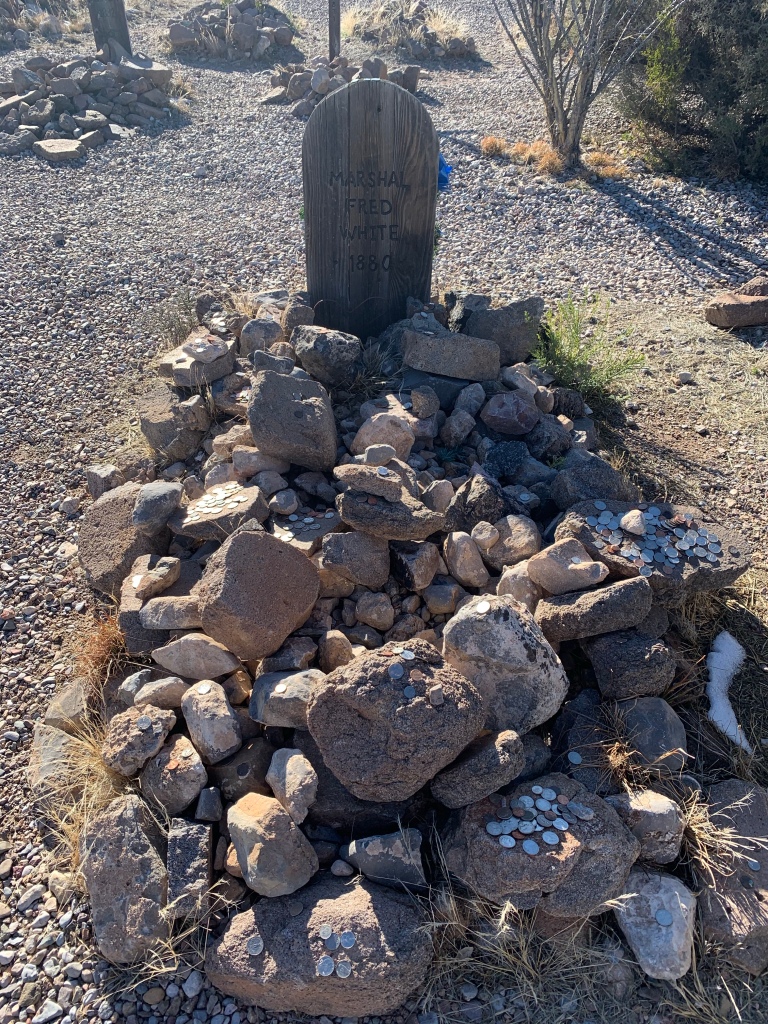
The modern workplace has conquered and inhabited so much space, both literally and figuratively, that people are suffocating in the small cracks they have left to themselves. It’s not just about the 9 to 5. There are booster clubs, seminars, business trips, team building exercises, holiday party planning committees and company softball teams. Though beneficial, 401k’s, health insurance plans, ride share plans, etc, represent large swaths of territory which used to belong to the individual, to the community, to the church. In sickness, in old age—in deriving meaning and purpose and community—we used to take care of each other. Now our company does it for us.
In its attempt to occupy more space, time, and significance in facets of life that once were considered the private realms of community, faith, and family, the professional world has bit off more than it can chew. “We’ll be your community,” it says, “We’ll give you meaning.”
Then comes the revulsion, the angst. As individual souls react dramatically to the impotence and shallowness of that offer, the professional world doubles down: offering clinical laymen methodolgies to manage those unproductive reactions, those awakeings to the utter meaninglessness of modern professional life. I write this while sitting in a “mental health first aid” class: a professionalization of the human impulse to care for one another, an impulse that has been bled out in the sterile corporate environment with its simulacrums of real community.
Another angle to look at this is to look at the modern man: living in an environment devoid of threats. Our central nervous system and brain chemistry is still wired to perceive and react to threats, but the only threats offered us are trivial. Within that context, the politics, workload, and smiling-kind-hearted tyranny of the corporate world presents a constant low-grade threat and fries our circuitry. This is especially true as the workplace occupies more meaning in our lives. If my place in the company means too much to me, and is threatened because it’s inevitably a for-profit company and I am a number, my biological RWR will be tripped over and over to the point of failing. A bad presentation triggers my fight/flight with as much ferocity as a sabretooth’s growl in the distance. The ironic response of the juggernaut-professional world is to push into even MORE personal territory. Let’s have bridge chats where we learn coping skills together. Let’s give you mental health days (implying that you can only maintain your mental health with the benefits we provide).
Corporations now deputize their retainers as mental health first aid responders or suicide prevention becomes a special duty: these super volunteers become living suicide nets built around the oppressive factories. But the solutions only excaberate the problem because they keep reinforcing the same poisonous conceit: that your workplace is everything and you are nothing without it. That there is nothing outside of your identity as a producer/consumer to give you meaning.
The solution to this is to take back the territory of meaning and belonging; to bring them back into the holdings of the private world of faith, family, and community. Take profit out of them. Take contracts out of them. Redesign the business structures to maximize salary over benefit, leaving autonomy and security in the hands of the individual instead of keeping it contingent upon the individual’s relationship to the particular business (ie; reaching retirment or keeping your health insurance). Stop the work picnics, the offsites, the bridge chats, and the booster clubs. Let people attend their churches, synagogues and knitting clubs. As problems arise at work from people ungrounded in a community, this can be addressed by those who wish to build a bridge to their own community.
